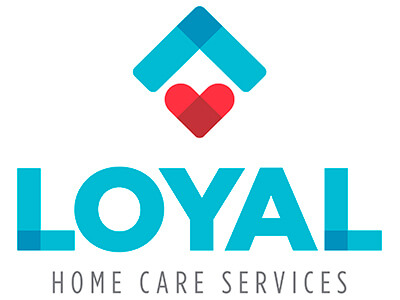Caring for a loved one at home can be one of the most rewarding experiences a family can undertake. Yet, it can also be physically demanding, emotionally exhausting, and mentally challenging. Family caregivers often juggle medical responsibilities, daily routines, and household tasks, all while trying to maintain their own well-being.
Without proper support, caregivers risk burnout, which can affect both their health and the quality of care they provide. Recognizing the challenges family caregivers face and finding effective strategies to manage them is essential—for the caregiver, the loved one, and the family as a whole.
Understanding Caregiver Burnout
Caregiver burnout is a state of physical, emotional, and mental exhaustion caused by prolonged caregiving responsibilities. Common signs include:
- Feeling constantly tired or overwhelmed
- Increased stress, anxiety, or irritability
- Trouble sleeping or frequent illness
- Emotional detachment or frustration with the loved one
Burnout can develop gradually and often goes unnoticed until it severely affects both the caregiver and the person receiving care. Awareness is the first step toward prevention.
Strategies to Support Family Caregivers
1. Accept Help from Professionals
Family caregivers don’t have to do everything alone. Agencies like Loyal Home Care Services provide trained caregivers who can assist with daily tasks, personal care, and medical support. By delegating some responsibilities, family members can focus on quality time rather than feeling overwhelmed.
2. Create a Flexible Schedule
Scheduling care shifts, rest periods, and personal time is crucial. Even short breaks can recharge emotional and physical energy. Structured routines help caregivers maintain balance and reduce stress.
3. Join Support Groups
Sharing experiences with other family caregivers can be incredibly relieving. Support groups—both in-person and online—provide emotional validation, practical advice, and a sense of community. Feeling understood and supported can make caregiving more sustainable.
4. Focus on Self-Care
Caregivers often neglect their own needs. Maintaining health through regular exercise, nutritious meals, and adequate sleep is essential. Mental well-being can be supported through meditation, hobbies, or therapy. A healthy caregiver is better equipped to provide high-quality care.
5. Educate Yourself
Understanding your loved one’s condition, care requirements, and available resources reduces anxiety and increases confidence. Attending workshops, consulting healthcare providers, or learning from professional caregivers can empower family members and improve care quality.
The Role of Professional Agencies
Professional home care agencies provide not only skilled assistance but also guidance for family caregivers. They can help with:
- Developing care plans tailored to specific needs
- Teaching safe techniques for lifting or mobility assistance
- Coordinating medical appointments and medication management
- Offering respite care so family members can rest and recharge
Partnering with professional caregivers creates a team-based approach, ensuring both the senior and the family caregiver feel supported.
Emotional Benefits of Support
When caregivers receive help, the emotional impact is profound:
- Reduced stress and anxiety
- Stronger family relationships
- Greater satisfaction in providing care
- Improved overall quality of life for both caregiver and loved one
Support empowers caregivers to focus on love and connection rather than feeling burdened by responsibilities.
Conclusion
Family caregiving is a noble but challenging role. Recognizing the risks of burnout and actively seeking support is essential. Through professional assistance, structured routines, self-care, and community resources, family members can maintain their health while providing compassionate care.
By taking care of the caregiver, families ensure that their loved ones receive consistent, high-quality support, while also fostering stronger relationships and a healthier home environment.




